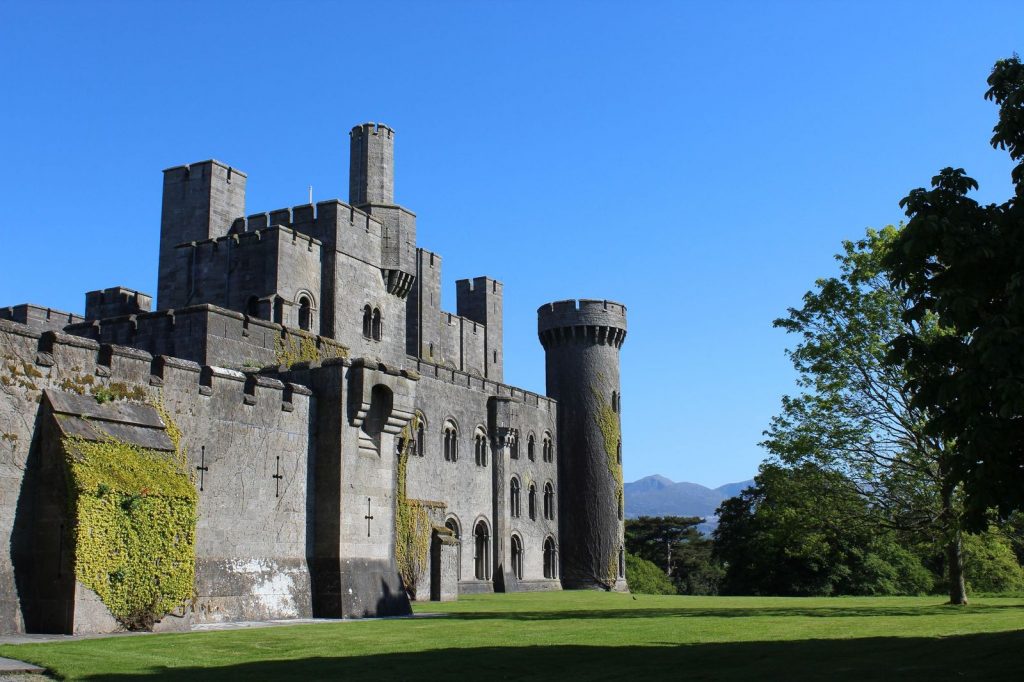Small museums should spearhead drive to decolonise museum practice
At least 40% of UK museums are in rural areas, according to a preliminary estimate of the Mapping Museums research project at Birkbeck, University of London. Most are small and independent.
The National Trust is the main custodian of Accredited museums rural regions and, given the recent public and political interest in the organisation’s exploration of its properties’ colonial histories, it is a critical time to address decolonial practices in small, rural museums.
The sector has been debating the value of decolonising practice, its practical applications and even whether museums can be truly decolonised for some time.
The relevance of decolonising practice to small (and mainly rural) museums have varied from serious interest to none at all. A typical response is: “Not sure this is relevant to my museum but it is certainly a discussion point and worthy of reflection.”
Rural museums need to be central protagonists in decolonising efforts if the sector is to be credible in this movement. This includes directly addressing the volunteer workforce across the nations.
As a volunteer from a museum in Norfolk said: “Sometimes we live in a bubble and feel that the UK never did anything wrong. While volunteering for another organisation recently, I was told what wonderful a legacy we left in some colonies.”
Volunteers, who are often more in touch with their communities than museum professionals, have the power to change minds through their daily interactions.
To be a positive influence, museums must offer space and time for these conversations to happen and become normalised.
At Bodmin Keep in Cornwall, members of the Citizen Curators work-based training programme have been discussing how to reinterpret a display on the Indian Mutiny.
This small museum primarily represents the stories and exploits of the Duke of Cornwall’s Light Infantry but it now wants to nuance its language – should it be termed “mutiny”, “rebellion” or “war of independence”? – and to explore and represent the stories of those affected by the regiment’s actions.

The importance of interpreting whole-story history is magnified when you look at how many industrial-heritage museums and sites selectively represent people of the past. Industrial history has become entwined with national identity in Wales, for example. Pride and glory narratives need to be challenged.
Will Tregaskes of Cynon Valley Museum feels the role of the Welsh in the British imperial project needs to be critically explored and contextualised. This need is also reflected in Cornish stories. Even the slogan of the Cornish Mining World Heritage Site boasts: “Our mining culture shaped your world.”
Operational priorities, such as keeping doors open, regularly trump developmental work in small museums unless the latter becomes a requirement from funders and stakeholders.
But, small is good when beginning to embrace decolonial work. It’s what we need to make this movement relevant and achievable, and not just for the big few.
Tehmina Goskar is a curator and the director of the Curatorial Research Centre. She is also a member of the Museums Association’s Ethics Committee Decolonisation Guidance Working Group
Last chance to get 20% off membership
If you join the MA by 16 December, you’ll receive a 20% discount on your first year of individual membership when you pay by Direct Debit. To support us and gain access to premium Museums Journal content (plus a whole host of other benefits), why not join today?
Comments (3)
Leave a comment
You must be signed in to post a comment.

I agree with the sentiment of this article. I hope there is funding attached to decolonisation projects, as many smaller Museums are not updating their displays in general nearly enough, due to lack of curators and collections management. Let’s hope Museums Galleries Scotland launch some funding as they have recently commissioned a review into how decolonisation can happen in Scotland’s museums
Whilst I agree that it is important for all museums to look at decolonising collections I think it should be led by the larger museums who have paid curators. Many small museums both rural and urban are run by volunteers or by a very small, often part-time staff, I am manager of the Peak District Mining Museum in Matlock Bath, we have a fairly sizeable collection. I am employed 15 hours a week, 10 of which I am front of house. I have 2 part time staff who run mine tours all day. There are no other staff. This is not a unique situation for smaller museums. We do not have an issue with items from around the World that should be returned but if we did I am afraid to say that it would be a long way down the list of priorities. Using the National Trust as an example of a smaller museum is questionable – although each property is individually run there are within the overall collections owned by them several curators.
This post expresses exactly how I feel. Because of the scarcity of curators and collection managers, many smaller museums are unable to keep up with the demands of their exhibits. In small museums, keep the doors open wide and thrive. foodle